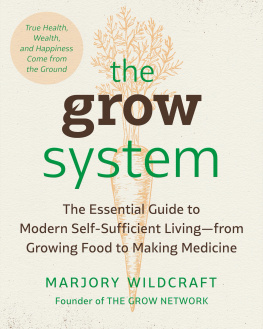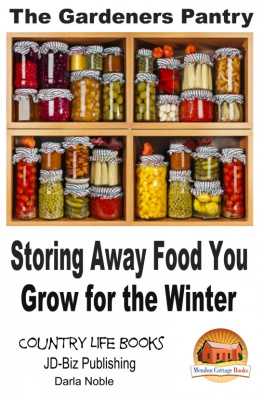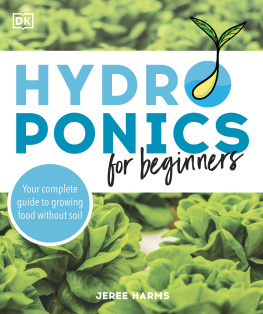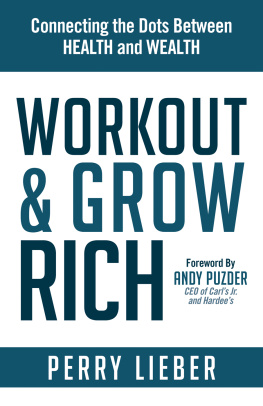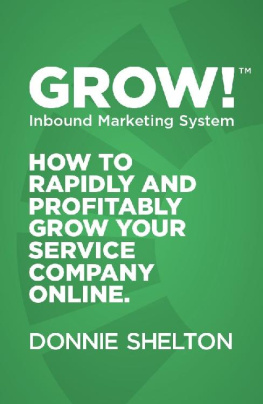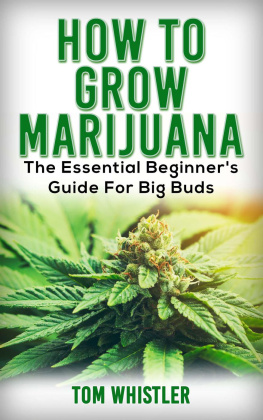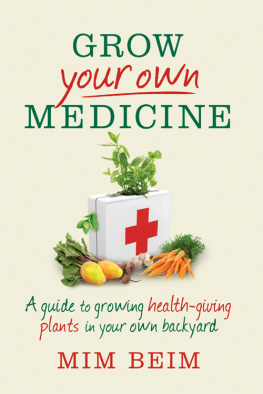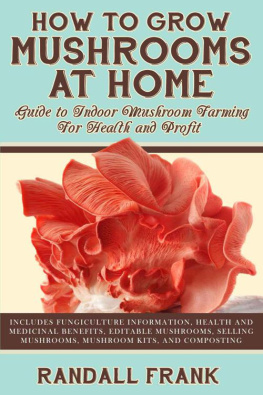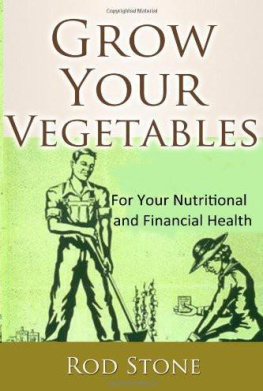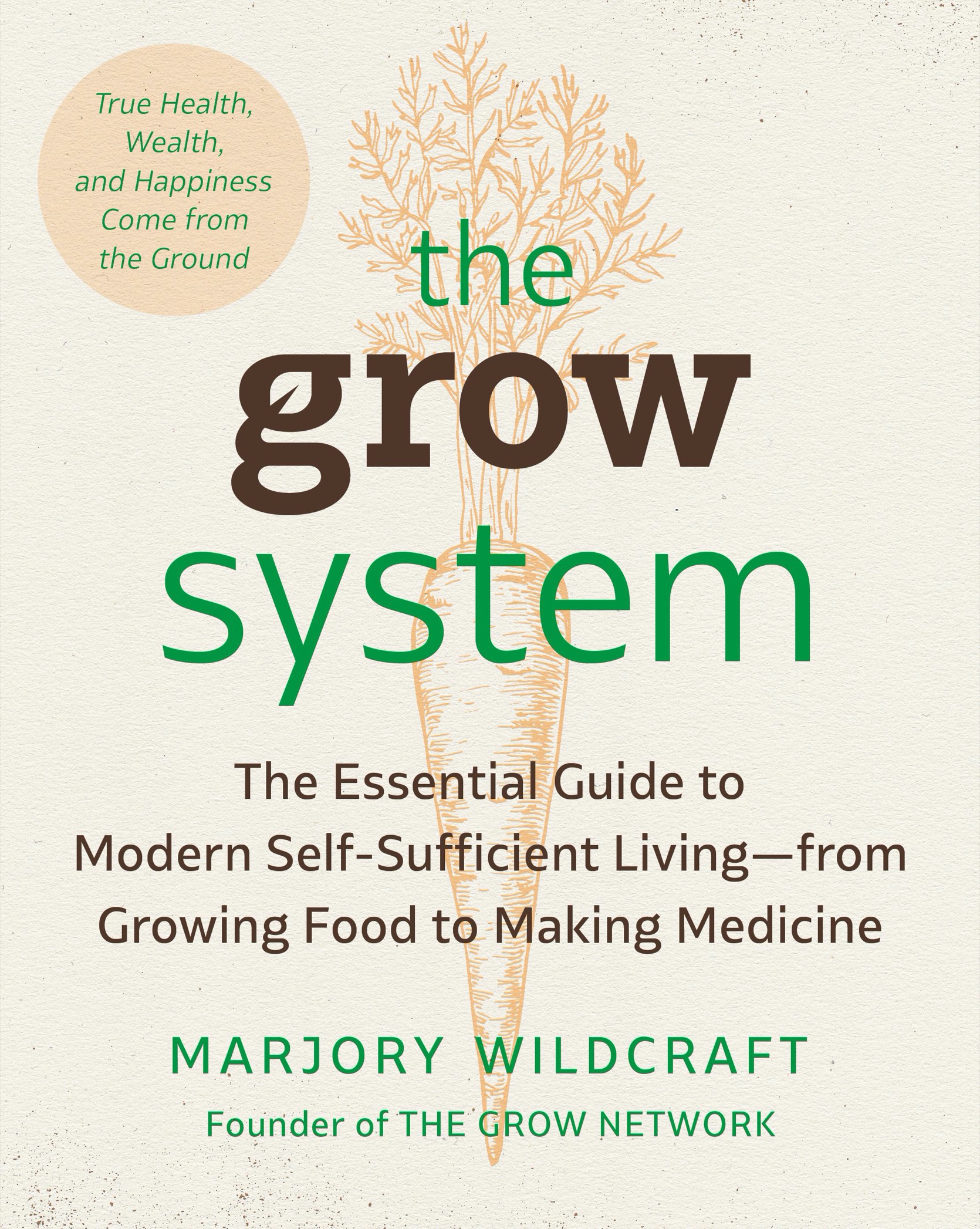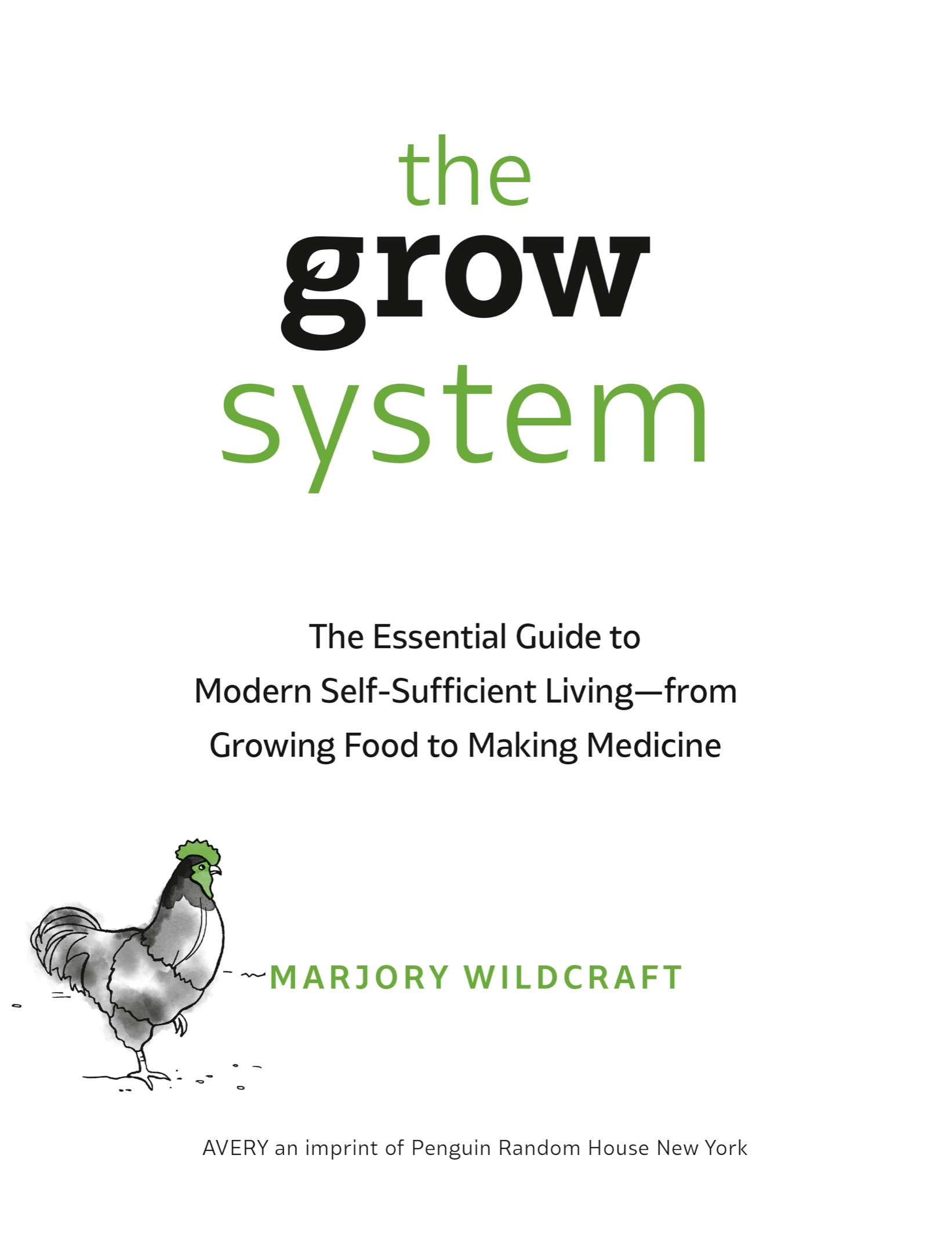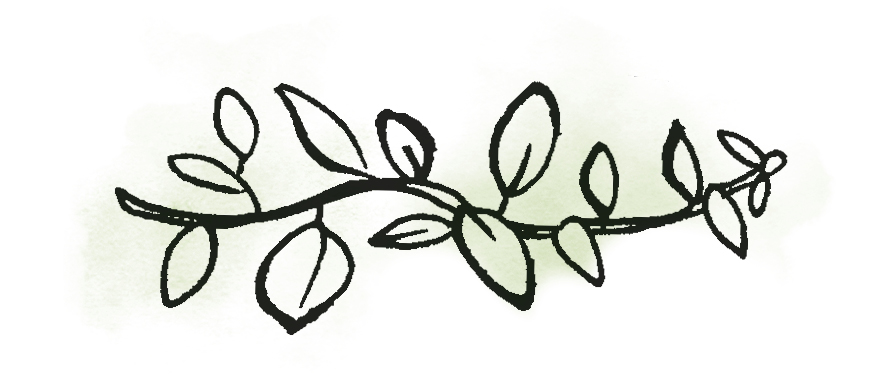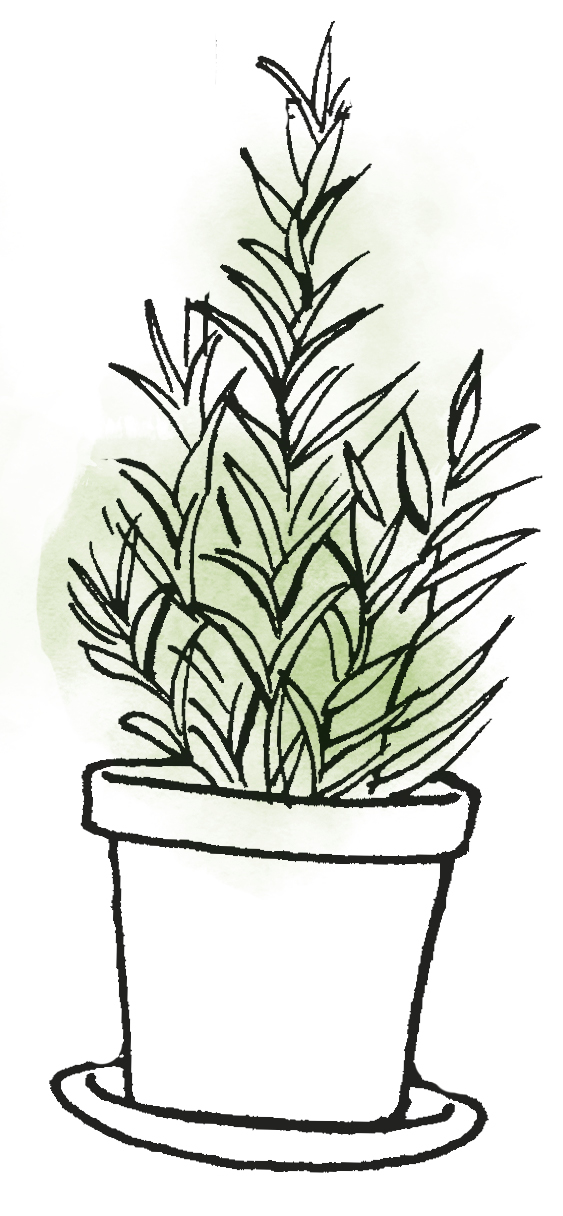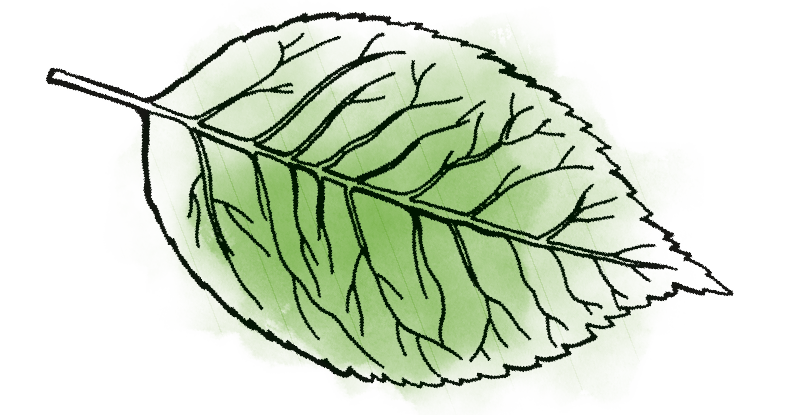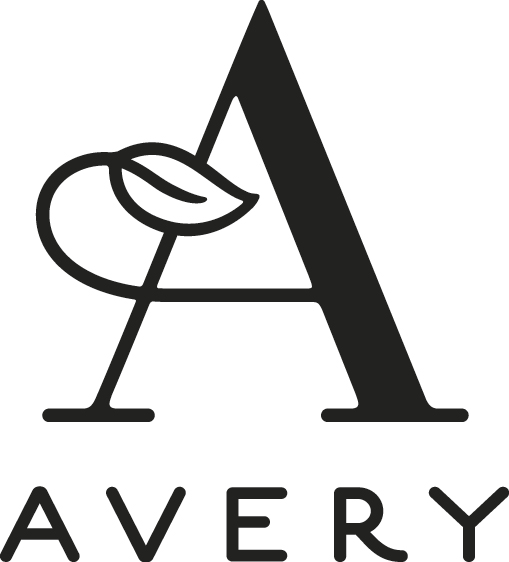
an imprint of Penguin Random House LLC
penguinrandomhouse.com
Copyright 2021 by Marjory Glowka
Illustrations by Alexis Seabrook
Penguin supports copyright. Copyright fuels creativity, encourages diverse voices, promotes free speech, and creates a vibrant culture. Thank you for buying an authorized edition of this book and for complying with copyright laws by not reproducing, scanning, or distributing any part of it in any form without permission. You are supporting writers and allowing Penguin to continue to publish books for every reader.
Library of Congress Cataloging-in-Publication Data
Names: Wildcraft, Marjory, author.
Title: The grow system: true health, wealth, and happiness come from the ground / Marjory Wildcraft.
Description: New York: Avery, an imprint of Penguin Random House LLC, [2021] | Includes index.
Identifiers: LCCN 2020057426 (print) | LCCN 2020057427 (ebook) | ISBN 9780593330364 (paperback) | ISBN 9780593330371 (ebook)
Subjects: LCSH: GardeningTherapeutic use. | Medicinal plants. | Alternative medicine.
Classification: LCC RM735.7.G37 W53 2021 (print) | LCC RM735.7.G37 (ebook) | DDC 615.8/515dc23
LC record available at https://lccn.loc.gov/2020057426
LC ebook record available at https://lccn.loc.gov/2020057427
p. cm.
Book design by Lorie Pagnozzi, adapted for ebook by Maggie Hunt
Neither the publisher nor the author is engaged in rendering professional advice or services to the individual reader. The ideas, procedures, and suggestions contained in this book are not intended as a substitute for consulting with your physician. All matters regarding your health require medical supervision. Neither the author nor the publisher shall be liable or responsible for any loss or damage allegedly arising from any information or suggestion in this book.
Accordingly, nothing in this book is intended as an express or implied warranty of the suitability or fitness of any product, service, or design. The reader wishing to use a product, service, or design discussed in this book should first consult a specialist or professional to ensure suitability and fitness for the readers particular lifestyle and environmental needs.
While the author has made every effort to provide accurate telephone numbers, internet addresses, and other contact information at the time of publication, neither the publisher nor the author assumes any responsibility for errors, or for changes that occur after publication. Further, the publisher does not have any control over and does not assume any responsibility for author or third-party websites or their content.
pid_prh_5.7.0_c0_r0
This book is dedicated to Earth, the heavens, the plants, and all the creatures. And to you. Hopefully, from reading this book you begin to get a glimmer into the truth of the reality that we are all One.
contents
part I
grow your own groceries
part II
become a home medicine-maker
part III
safeguard your family, now and for the future
introduction
I have always been interested in wealth. I grew up in a family who sort of hovered above the poverty line, and like most people, I thought wealth meant accumulating a big pile of money. After my first career as an electrical engineer and consultant, I studied with Robert Kiyosaki (of Rich Dad Poor Dad fame) and launched my own real estate investment business. I did well and amassed a portfolio of 65 houses I was leasing to tenants with an option to buy. I had built a successful career and was earning a good income for me and my family.
Even though the business was doing well, my intuition kept telling me something was wrong. Being successful in real estate meant carrying a lot of debt, and Fannie Mae and Freddie Mac were essentially my biggest partners. I began to study their business models and soon realized they contained some fundamental problems that made me worry about what would happen should an economic downtown occur. If the tenants could no longer afford rent, my investors and I could easily get stuck with a lot of highly leveraged properties and no income to pay them offa terrifying prospect that kept me up at night. Essentially foreseeing the financial crash of 2008, I decided to unwind my investments. Although some of my investors initially were upset that I was going to shut down the portfolio when everything seemed fine, eventually every single one of them thanked me profusely.
I understood that we were about to enter a period that would be extremely difficult and affect everyone. Throughout human history, humans have faced challenges and changes that involve tremendous upheaval and hardship: natural disasters, civil wars, hyperinflation, totalitarian regimes, plagues, and pandemics. The recent COVID-19 global pandemic has shown us how quickly these changes can happen, from lack of access to medical care and unemployment to empty grocery store shelves. On some gut level, we understand that our supply chainsand our entire way of lifeare extremely vulnerable.
I wanted to learn everything I could about how people had survived such crises in the past and what Id need most for my familys safety and well-being. Security and medical access are big issues, but while doing historical research and interviews I saw over and over again that the most difficult part of navigating a tumultuous period is consistent access to food.
Around the same time, I led a project at a nearby elementary school to provide locally grown food to students as a healthier lunch option and to also teach them about the health and environmental benefits of eating local fruits and vegetables. The project seemed like a slam dunk because just about everyone was behind itthe parents, the school administration, the community, and even the kids, who started a small schoolyard garden and loved tending to it. Grant money, at both federal and state levels, also was available. I saw it as a trial project we could eventually roll out to the entire state. We project leaders knew nearly all the farmers who were growing organically in Texas and enthusiastically began making a list of all the farmers who could provide the food for the project.
Thats when we realized there werent enough local farmers in the county, or even the surrounding counties, to provide all the vegetables for this one small rural elementary school. I had always thought there was food in the countryside, but I soon learned the harsh truth: the small farm network has been completely dismantled. Let me repeat that. In the entire countyand Texas has some big countiesthere were not enough vegetables being grown to make part of the lunches for one small rural elementary school. The horror of this slammed through me.

